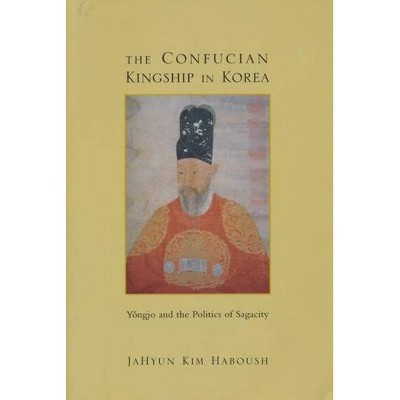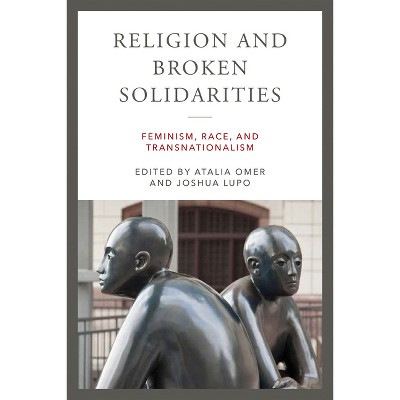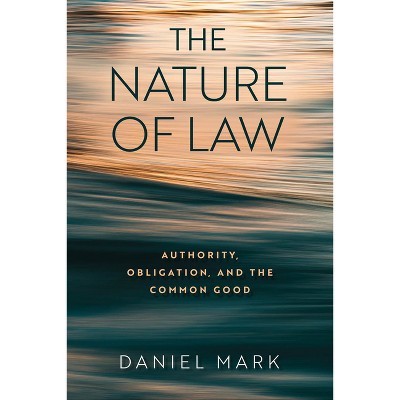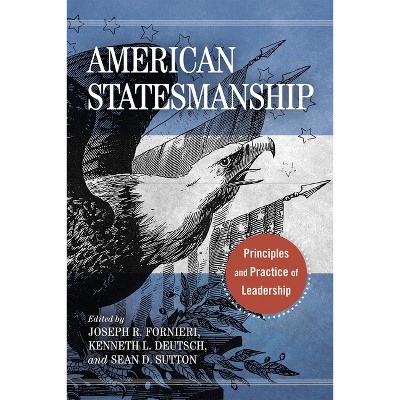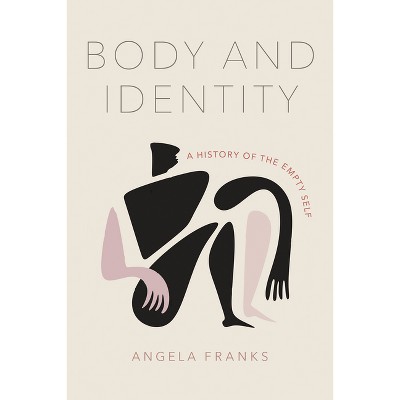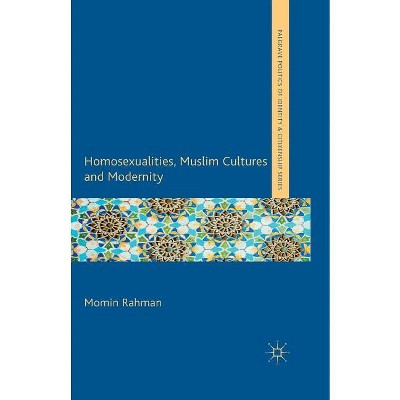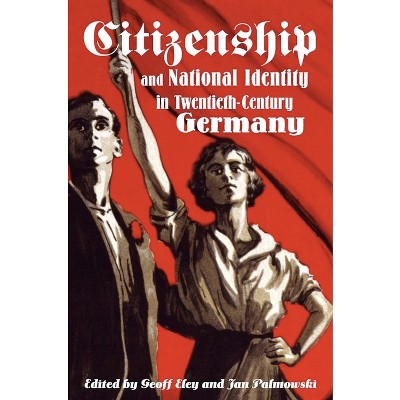Sponsored

Shari´a, Citizenship, and Identity in Aceh - (Contending Modernities) by Arskal Salim & Moch Nur Ichwan & Eka Srimulyani & Marzi Afriko
In Stock
Sponsored
About this item
Highlights
- Shari`a, Citizenship, and identity in Aceh presents both an ethnographic and a sociohistorical account of identity making among both the Muslim majority population and different minority groups in Aceh, Indonesia.Diverging from previous studies on majority-minority group relations in a predominantly Muslim country that tend to engage solely with one group's experiences, Shari`a, Citizenship, and Identity in Aceh argues that the majority and minority groups in Aceh, Indonesia, have interactively and mutually created conceptions of identity and recognition that have significant implications on the experience of citizenship in the region.
- About the Author: Arskal Salim is professor of politics of Islamic law at Syarif Hidayatullah State Islamic University Jakarta, Indonesia.
- 254 Pages
- Political Science, World
- Series Name: Contending Modernities
Description
Book Synopsis
Shari`a, Citizenship, and identity in Aceh presents both an ethnographic and a sociohistorical account of identity making among both the Muslim majority population and different minority groups in Aceh, Indonesia.
Diverging from previous studies on majority-minority group relations in a predominantly Muslim country that tend to engage solely with one group's experiences, Shari`a, Citizenship, and Identity in Aceh argues that the majority and minority groups in Aceh, Indonesia, have interactively and mutually created conceptions of identity and recognition that have significant implications on the experience of citizenship in the region. The authors provide not only a narrative of majority-minority group encounters in a variety of issues, but also a wide-ranging account of struggles from both the Muslim majority and non-Muslim minority groups for recognition of their own identity in the public space. To what extent do minority groups feel that they belong to Aceh's communal identity, which is mostly Islamic? And what kind of citizenship is in place when minorities feel marginalized living under Aceh's Islamic rules?
Shari`a, Citizenship, and Identity in Aceh debunks the concept of citizenship by way of deploying the concept of the politics of recognition against the politics of the dominant culture theory. It looks further at how equal citizenship in a democratic political system has been negotiated and compromised, and how the politics of dominant culture has caused a sense of shared ownership to be largely deficient and vague in Aceh.
Review Quotes
"A welcome addition to the literature on Aceh. There are a lot of publications on the Shari`a project, and a few things on religious minorities in Aceh, as well as a lot of uniformed assumptions about both; however, I cannot think of any work that brings all of this together." --Dan Birchok, University of Michigan-Flint
About the Author
Arskal Salim is professor of politics of Islamic law at Syarif Hidayatullah State Islamic University Jakarta, Indonesia. He is the author of many books, including Challenging the Secular State: The Islamization of Laws in Modern Indonesia and Contemporary Islamic Law in Indonesia: Sharia and Legal Pluralism.
Moch. Nur Ichwan is professor of Islamic social and political sciences at Sunan Kalijaga State Islamic University, Yogyakarta. His articles appear in a number of international journals, such as Islamic Law and Society; Islam and Christian-Muslim Relations; Journal of Islamic Studies; Politics, Religion & Ideology; and Bijdragen tot de taal-, land- en volkenkunde (BKI).
Eka Srimulyani is professor of sociology at Ar-Raniry State Islamic University in Banda Aceh, Indonesia. She has written many articles and is the author of Women from Traditional Islamic Educational Institutions in Indonesia.
Marzi Afriko is a research assistant specializing in studies of the provincial and district governments of Aceh, Indonesia. He has contributed to multiple papers and studies on the region.
Shipping details
Return details
Trending Non-Fiction


